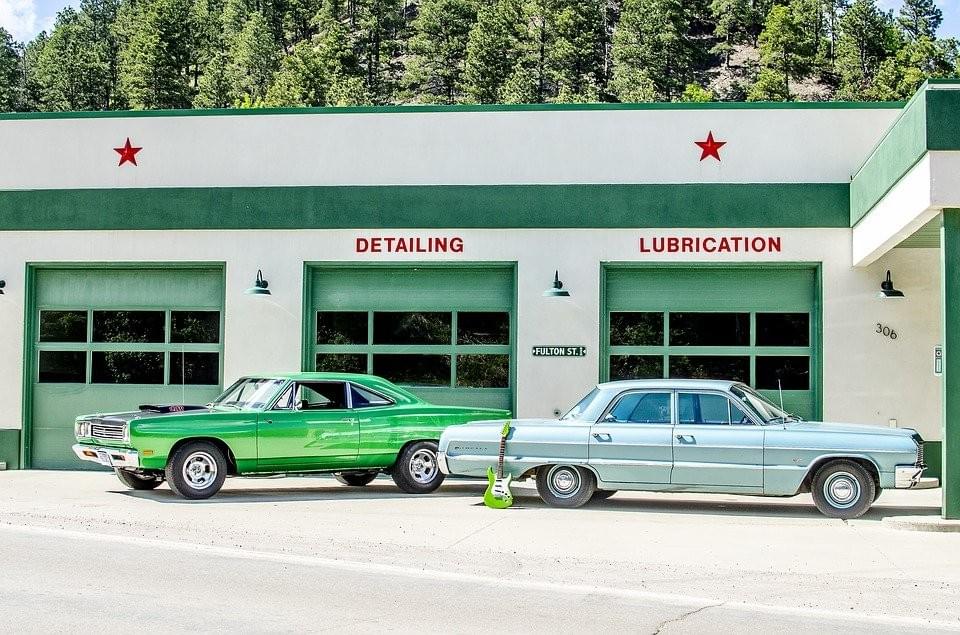
If you are in the business of making or providing industrial lubricants then it is essential that you click here: rsclare.com to get in touch with a global lubricants supplier. You need to have a reliable and trustworthy supplier who can supply a wide range of lubricants for your equipment and machinery, including seals, hydraulic fluid and many other types of lubricants. There are many suppliers of lubricants on the market but only a few that can give you a reliable product and keep their end of the deal with you. This article will highlight some of the key things to look for in a good worldwide lubricants supplier.
Make sure that you have a good contact point - You need to be able to communicate easily and effectively with your worldwide lubricants supplier. This means that you should be able to arrange your meetings at short notice and also be able to send them messages online or over the phone easily. It is also worth finding out what your lubricant supplier's procedure is regarding returns and if they offer any form of refund if something doesn't work out correctly.
Look for high quality oils - A good lubricants supplier should stock both synthetic and hydrocarbon oils. Hydrocarbons include gasoline, diesel, etc., while synthetic oils include hydraulic fluid, liquid petroleum gas (LPG), lubricants from ship hulls and water pumps and more. The best oils are made from solid rock, and the major ingredients in high quality oils include zinc, manganese, copper and phosphorus. Zinc and phosphorus are commonly known as lubricants that are good for high temperature operations.
High quality performance - It is important to look for high quality performance lubricants. Many businesses use a variety of different types of oils and transmission fluids, so it makes sense to have a supplier that can supply a wide range. For example, if you need hydraulic fluid or transmission fluid then you want something that is going to perform well no matter what condition the equipment is in. Look for a lubricants supplier that is certified by the Society of Automotive Engineers (SAE). View page to get more detailed info.
High quality - All lubricants should perform as intended. This means that they must meet specific performance specifications in temperature, pressure, fluid density, etc. Be sure to check that the lubricants supplier uses high quality industrial oils like Grease Resistance Cooling Compound (GRCC) and Motor oil with a high viscosity. As grease and motor oil are heated, they expand to about 100% of their original volume.
Look for dependable service - Good lubricants should be readily available to you, and you should easily be able to get technical support from them. Not all suppliers are honest, and you should avoid those that don't respond quickly to customer inquiries or have trouble getting back to them in a reasonable amount of time. It's also important to find out if the lubricants supplier has any experience of servicing your type of engine oils. Learn more about hydraulic fluids at: https://en.wikipedia.org/wiki/Hydraulic_fluid.